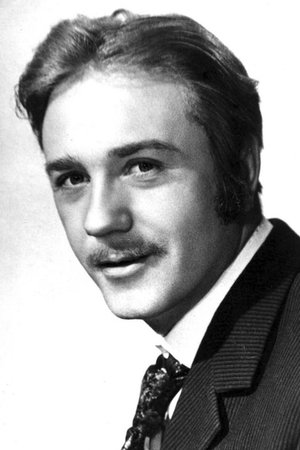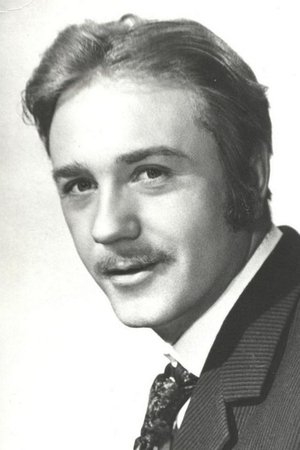Leonid Kuravlyov (1936-2022)
Alias:
L. Kuravlev
L. Kuravlyov
L.Kuravlyov
Leonid Kouravliov
Leonid Kuravlev
Leonid Viatcheslavovitch Kouravliov
Куравлев Леонид Вячеславович
Куравлёв Леонид Вячеславович
Леонид Куравлев
Леонид Куравлёв
Birthplace:
Moscow, RSFSR, USSR
Born:
October 8, 1936
Died:
January 30, 2022
Soviet and Russian film actor. He became a People’s Artist of the RSFSR in 1976. Kuravlyov was born in Moscow into a working-class family. His father Vyacheslav Yakovlevich Kuravlyov (1909–1979) worked as a locksmith at the Salyut Machine-Building Association and his mother Valentina Dmitriyevna Kuravlyova (1916–1993) was a hairdresser. In 1941 with the start of the Nazi invasion of the Soviet Union (known in Russia as the Great Patriotic War) his mother was arrested on false report, accused of counter-revolutionary activity (Article 58) and exiled to Karaganda, Kazakh SSR to work at the local plant. In five years she was freed without a right to live in Moscow and sent to Zasheyek, Murmansk Oblast in the Russian far north where she continued working as a hairdresser. In 1948 she managed to get a permission to see her son who spent a year with her at Zasheyek, and in 1951 she finally returned to Moscow. In 1955 Kuravlyov entered VGIK to study acting under Boris Bibikov. He graduated in 1960 and joined the Theater Studio of Film Actors. He made his first movie appearances while still a student. In 1960 he was noted by Vasily Shukshin and took part in his diploma film Reported From Lebyazhye. In 1961 they both starred in the popular melodrama When the Trees Were Tall, and in 1964 Shukshin gave him the leading role in his comedy movie There Is Such a Lad which brought Kuravlyov true fame and which he considered to be the start of his successful movie career. He also acted in Your Son and Brother (1965) and felt so grateful for what the director did for him that he later named his son after Shukshin. The role of Shura Balaganov in Mikhail Schweitzer’s comedy The Little Golden Calf based on the book by Ilf and Petrov was one of his first successful roles: he managed to create an image of a brash yet charming petty thief. His other notable roles of that period include Khoma Brut in one of the first Soviet horror movies Viy (1967), antagonist Sorokin in a psychological melodrama Not Under the Jurisdiction (1969), Robinson Crusoe in Stanislav Govorukhin’s Life and Amazing Adventures of Robinson Crusoe (1972), a Nazi officer Kurt Eismann in Seventeen Moments of Spring (1973) and Lavr Mironovich in Pyotr Todorovsky’s The Last Victim (1975). In the 1970s he appeared in three to four films per year. Even though Kuravlyov was adept at playing serious dramatic roles, he is still best known for his leading roles in top-grossing comedy movies such as Afonya (1975) by Georgiy Daneliya (11th highest-grossing Soviet film, highest grossing film of the year, 62.2 mln viewers), Leonid Gaidai’s Ivan Vasilievich: Back to the Future (1973, 17th highest-grossing film, 60 mln viewers) and It Can’t Be! (1975, 46th highest-grossing film with 46.9 mln viewers), The Most Charming and Attractive (1985) by Gerald Bezhanov (the highest-grossing film of 1985, 44.9 mln viewers) and others. During the late 1990s he hosted a popular TV programme The World of Books with Leonid Kuravlyov where he talked about new book releases. In two years it was closed and then relaunched with new hosts. In 2012 he was awarded the IV class Order “For Merit to the Fatherland”. From Wikipedia, the free encyclopedia







